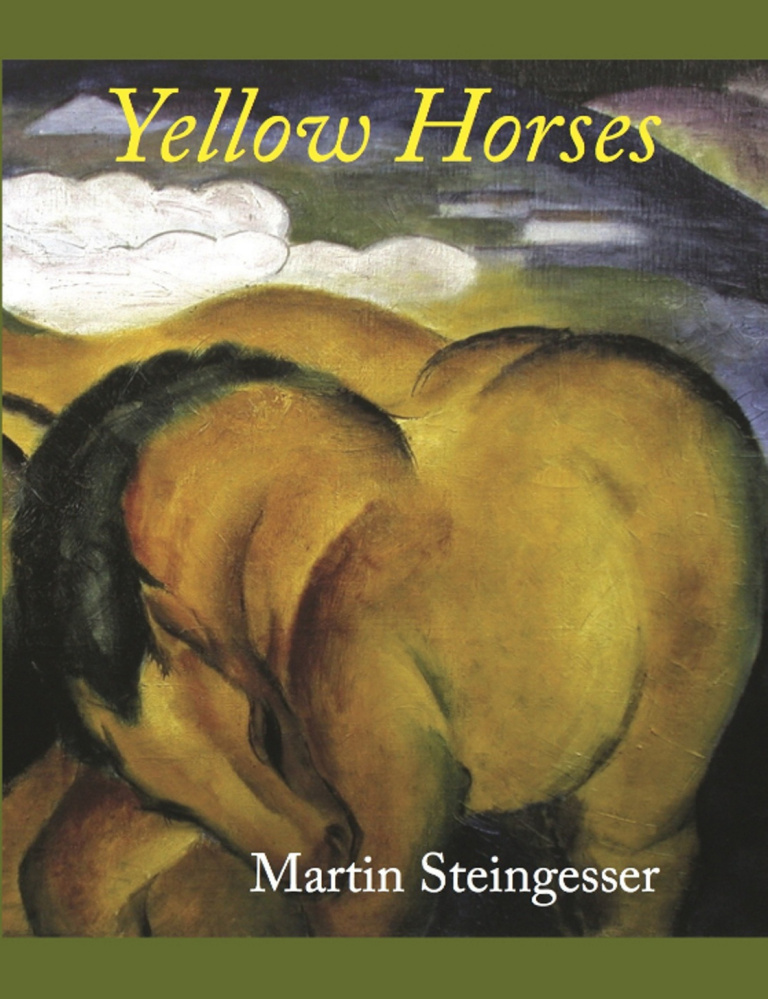Martin Steingesser was dozing on a sofa when he discovered his love of poetry. Half asleep, he reached behind him to adjust the dial on the radio. Among bursts of static and snippets of music as his fingers scrolled the dial emerged a voice that shook him awake.
It was the poet E.E. Cummings reading Dante in Italian.
Enraptured by the cadence of Cummings’ voice, Steingesser went out and bought a record of the poet performing his own poems. This was in the early 1960s, in the summer after he graduated from Hofstra University in New York.
“Cummings was my first poet,” Steingesser said. “When I discovered him, I didn’t know much about poetry. I didn’t like poetry as a teenager. I had disastrous experiences at school with poetry.”
In Cummings, Steingesser realized that poetry is more than words on a page. It’s a piece of art that demands to be performed, just as a song comes to life when its lyrics are set to music and performed by musicians.
In that spirit, Steingesser, a former Portland poet laureate, will recite poems from his new book, “Yellow Horses,” at 7 p.m. Thursday at Longfellow Books in Portland’s Monument Square.
No one will accuse Steingesser, 78, of being prolific. Issued by Deerbrook Editions, “Yellow Horses” is his second collection of original poems and his first since 2002. “The Thinking Heart,” a collection of writings by pacifist Etty Hillesum that Steingesser adapted into poems, came out in 2007.
He sees his work as collecting more than writing. He calls “Yellow Horses” a harvest.
“I am slow at accumulating poems,” he said. “The poems come from a mysterious place. I really think of myself as a translator. My job as a writer and a poet is finding the ways to recognize what is valuable to me and how to organize it so it can be meaningful to you.”
Poems come to him as feelings and observations, which he notes in a journal that he carries with him. When it’s time to put those thoughts together – “When things start to get messy,” he said – he transfers them to the computer in poetic forms.
He doesn’t like to read his poems. He performs them or recites them from memory. He likes to say that he “tells” his poems, just as he might tell a story. That’s when a poem becomes more than words on a page. That’s what he learned from Cummings.
The poem truly exists only in that moment, when people are together in a room as one.
“It’s about how we share and what it means to be alive in this world together,” he said.
Send questions/comments to the editors.




Comments are no longer available on this story